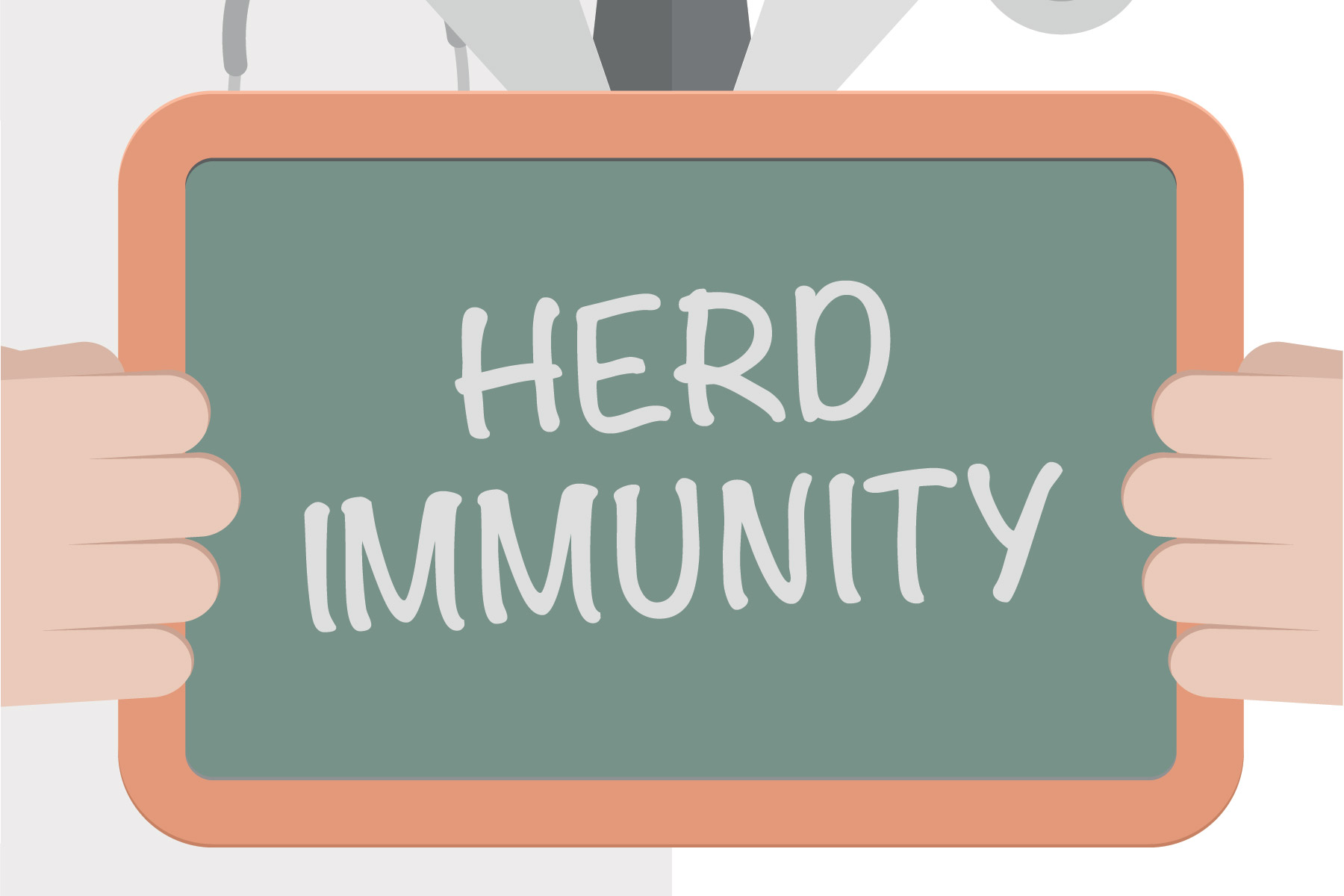This article appeared in NBC Montana. Read the full story here.
Modern medicine is constantly making advances.
Medical professionals are focused on finding cures and fully eliminating deadly diseases.
This year, after 19 years of eliminating the measles from the United States, a handful of states saw major outbreaks.
What’s the reason for that? Well, it comes down to the human population.
In this Sinclair Cares, Kellee Azar looks at how to eliminate diseases–and researchers say, it starts with us.
We usually think of a group of animals, that take care of one another, but did you know, you and I are part of a herd that can eliminate diseases.
The concept according to the National Institute of health and the CDC is called “herd immunity”.
“Herd Immunity is this idea that you have enough people in a community who are immune to a disease that they basically act like a firewall,” said Dr. Jennifer Vines of the Multnomah County Health Department.
Meaning if a disease, like measles for example, gets introduced into a community, it will have nowhere to go.
In 2000, measles was eliminated from the U.S. thanks to herd immunity, and experts say not every person needs a vaccination for the herd’s protections to work.
“We talk about needing about 93-95% immune to the disease in order to stop it from spreading,” says Dr. Vines.
Although, that immunization percentage has dropped in some areas– allowing outbreaks in New York, California, Washington and Florida.
That makes it especially dangerous for some kids, including 6-year-old Kai Bonneau, who has cancer, and because of that cannot get vaccinated.
Jessica Fichtel whose son is Immuno-compromised says it is super scary.
Earlier this year when a measles outbreak popped up in his town, his mom, Jessica Fichtel says she was on high-alert because, for Kai, getting the measles is life or death.
“It was like war, really. We didn’t go anywhere. We kept Kai home a lot,” says Fichtel.
For good reason. Not enough of the human herd was immune where Kai lived.
Here’s how it works:
According to NIH, if zero percent of the population is vaccinated and a disease like the measles is brought into the community, most will get the disease.
If 75% of the community is vaccinated, most would be protected.
If that critical 95% immunization is reached, almost no one will get the disease protecting the lives of the human herd.

